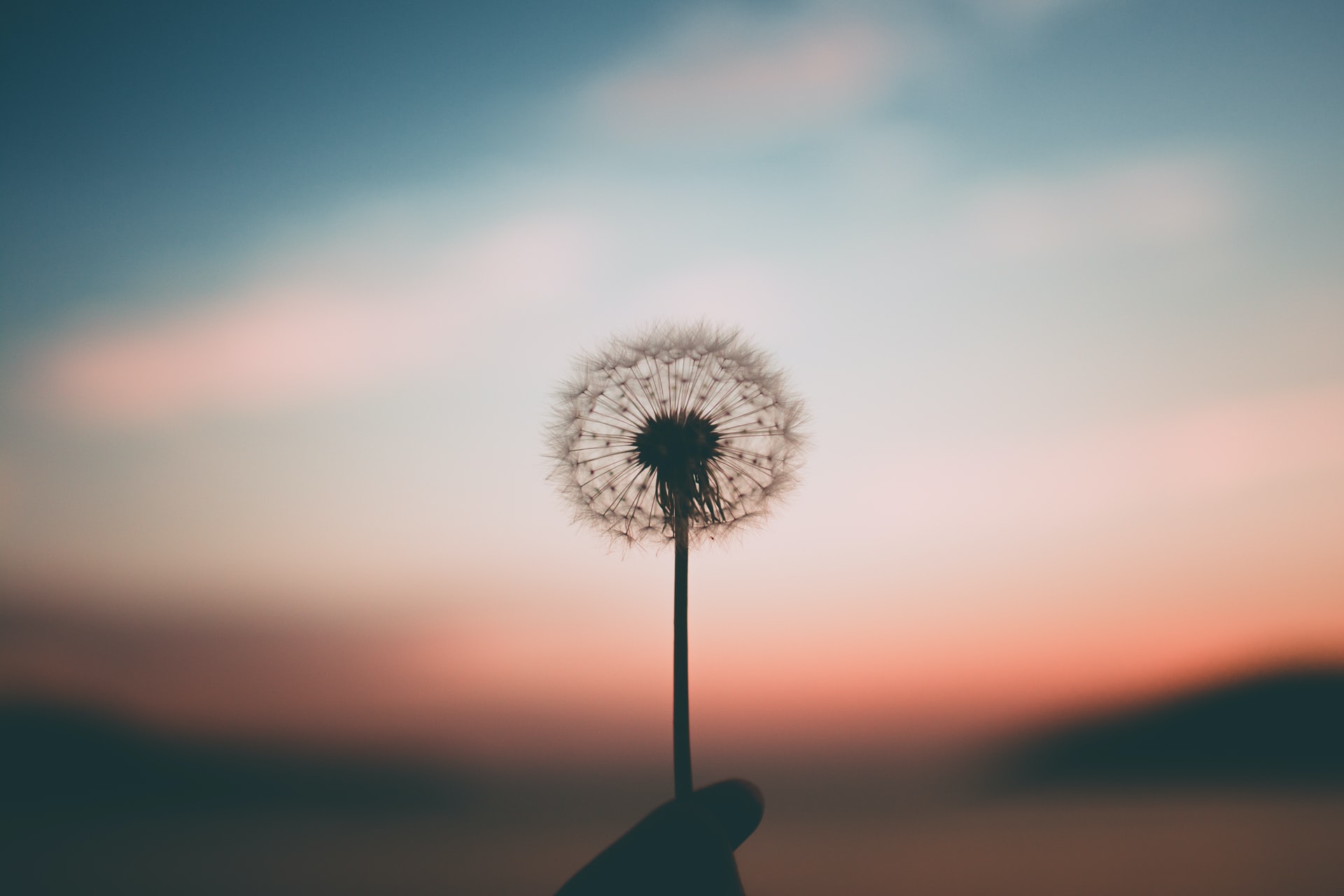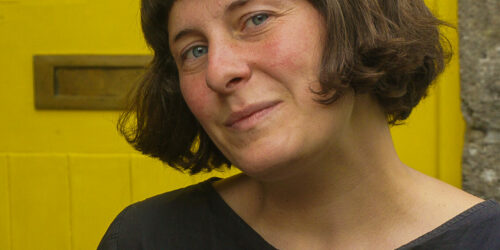
Songs of Hope and Protest is a collaboration between the UEA research project, Our Subversive Voice: the history and politics of the English protest song (OSV), and The Common Lot, with the support of the National Centre for Writing. The project looks at the long history of the English Protest Song from the age of revolutionary Thomas Paine to the trials and tribulations of the present day.
The project will result in several public performances by community participants of a free hour-long show in Norwich in June 2022, highlighting 10 protest songs interwoven with a historical-satirical narrative. Five of these songs will be chosen by the creative team from OSV research, one will come from The Common Lot repertoire and four will be original, springing from the work of those commissioned and the groups they work with.
As part of the show, musician and songwriter Joey Herzfeld was commissioned to write a protest song in collaboration with a community of his choice — a group of prisoners at HMP Wayland. Here, he describes his journey and process.
This song was composed with a group of prisoners at HMP Wayland. I had previously performed Christmas music there back in December 2021. When I donned my Santa hat and played the likes of ‘White Christmas’ and ‘Silent Night’ I was struck by how friendly, engaged and grateful the prisoners were for something many on the outside world might take for granted. This had made me curious to engage with the community there more deeply on a creative level — rather than merely perform.
A couple months later, I was commissioned to write a song of hope and protest with a community of my choice. The Wayland prisoners were the very first people who sprang to mind.
Before I actually met with my song writing group I already knew that HMP Wayland, like many institutions, had been shaken by the pandemic. Necessarily strict Covid protocols, combined with longstanding understaffing problems, meant that prisoners were being kept in their cells for much longer stretches than usual, sometimes more than 24 hours. Meanwhile creative, educational and therapeutic initiatives were generally on hold or stripped back to a bare minimum.
For these reasons I wasn’t sure how much positivity — if any — I’d find. And my doubts were compounded when I was informed that my group would consist largely of lifers or those on IPP (a now abolished type of sentence which offers no certainty of release even for those convicted of relatively minor offences). I wondered whether the song we wrote together might be all protest and no hope!
And yet — I couldn’t have been more pleasantly surprised. Hope among these prisoners abounded.
Well, I say ‘hope’ but perhaps what I mean is strength, resilience or resolve. The Cambridge dictionary defines ‘hope’ as a confident feeling about what will happen in the future. Not all prisoners can realistically possess this — certainly not if that feeling rests on the prospect of release. That freedom may never come. And they know that. So their confidence about the future must come from within — from a faith in inner change regardless of outer circumstance. I’ve witnessed that confidence — eloquently expressed by prisoners serving sentences which would be illegal today but have nonetheless never been overturned. And I’ve found it deeply inspiring.
I couldn’t have been more pleasantly surprised. Hope among these prisoners abounded.
This resilience , or ‘hope’ if you will, is connected to many factors: creative drive, a desire to help others, personal fitness goals, mutual support from and for loved ones, physical touch, religious faith (often), a desire to reform the prison system from within, small focused acts of kindness and generosity, empathy for others’ suffering (such as Ukrainian refugees). The list goes on. I could not possibly express the polyphony of voices I heard in in one short song. Nor did I try to. But I did — I hope — touch on a few core themes, mostly by drawing on the stories and insights I was told, and sometimes by quoting the prisoners’ words directly.
About two months after my first session with the song writing group I returned to the prison to play them the song. They liked it! (Phew!) Either that or they were very kind and tactful. The group rightly spotted some musical influences at work — particularly The Specials, a touchstone for me and, I‘m sure, for many songwriters attempting to address social issues and to express multiculturalism. And the individuals were quick to recognise their own phrases and experiences within the lyrics.
A great deal has changed at HMP Wayland in the intervening time. Finally, Covid restrictions are easing. Time outside the cells has increased massively and prisoners are returning to their work and educational programs. Though I am no legal expert I can see that, on a broad national scale, certain injustices persist — most notably the continued enforcement of IPP sentences, as addressed in the chorus of the song. But within the prison itself normality is re-emerging and personal growth is being cultivated. Here is hope.
You may also like...
An Acre of Stories
A competition for new writers based in Norfolk to write a new work for the stage

7th April 2022
Agus Anois An Aimsir, And Now the Weather
Kerri ní Dochartaigh reflects on the experience of writing, dreaming and falling pregnant during a global pandemic

24th May 2021
‘Down the Local’ with Charley Genever
Get a virtual round in with this ode to the East Anglian pub community

27th January 2021






